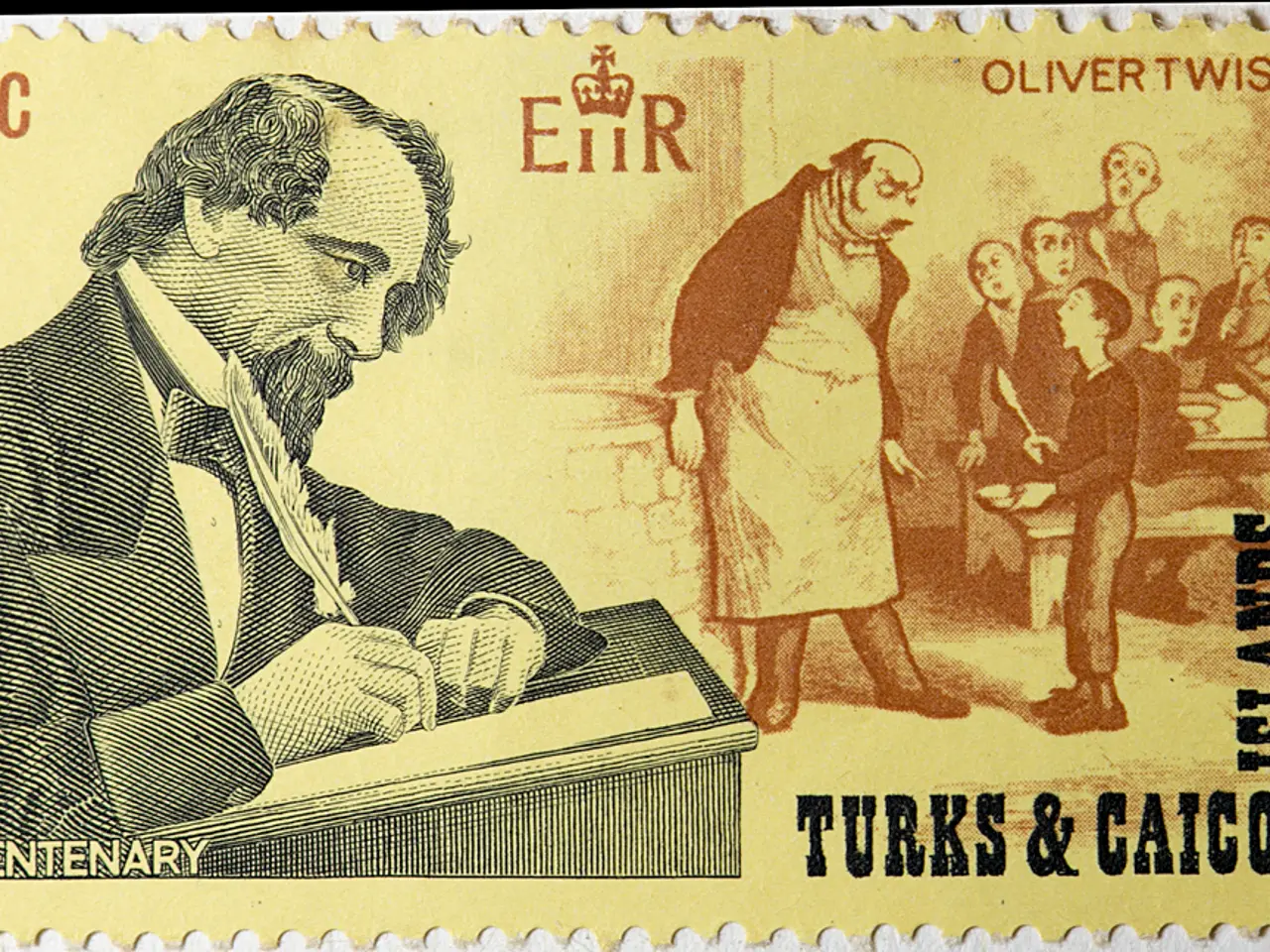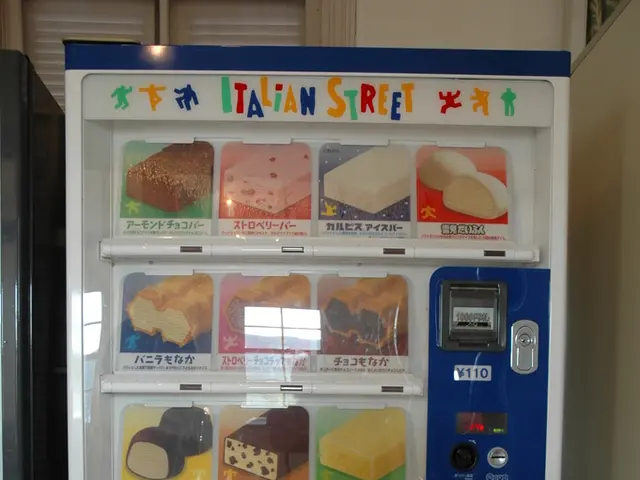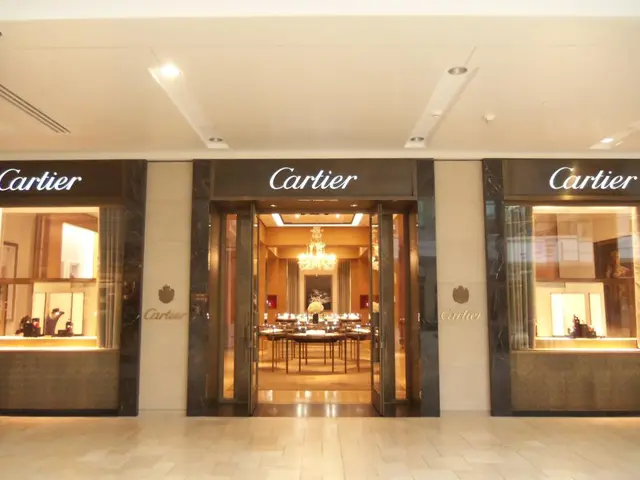US President Donald Trump seeks to terminate tariff exemption for small shipping packages across the nation.
In a move that has sent ripples through the global business community, President Donald Trump's administration has abolished a rule that allowed packages valued at $800 or below to enter the United States duty-free. This decision has sparked a frenzy, with postal services in various countries announcing that most US-bound packages would no longer be accepted.
One of the hardest hit is Sarah Louise Jour, a ceramics retailer in Bangkok. With most of her business coming from US buyers, she has had to tap more expensive services for shipments due to the new tariffs. "I'm trying to keep shipping costs down after facing issues with Thailand's postal service," Jour said.
Similarly, Ken Huening, who runs CoverSeal, a California-based business manufacturing outdoor protective covers in China and Mexico, has had to eliminate free shipping for customers due to the new tariffs. CoverSeal, like many other businesses, benefits from the duty-free exemption, and the hit to China and now Mexico poses significant challenges.
Haley Massicotte, who runs Canada-based cleaning products company Oak & Willow, shares the same concerns. US consumers, she believes, do not always understand how tariffs work and how they might have to bear added costs. Massicotte stated that the tariff war will hurt American and Canadian consumers, especially small business owners.
Not all businesses are fully dependent on US consumers. However, the change has brought confusion and concern to small businesses, with UK retailer Liz Nieburg stopping shipping products to US customers while the Royal Mail works out a system to honor the changes. There may be potential delays and price increases for consumers due to the new changes, as all parcels now have to clear customs.
The US officials maintain that just five percent of duty-free small package shipments arrived via the postal network. However, Peter Navarro, Trump's trade adviser, stated that closing this "loophole" helps restrict the flow of "narcotics and other dangerous and prohibited items" while bringing fresh tariff revenues.
Cornell University professor Li Chen warned that it takes time for postal services to establish systems for duty collection. In the meantime, businesses like Shein and Temu, originally hit when Washington ended the exemption for China-origin products, may have to raise costs due to the new tariffs.
The five countries whose postal services declared they would stop forwarding packages to the USA due to changes in import tariffs are Switzerland, France, India, Australia, and the Nordic countries Sweden and Denmark (via PostNord) among others; additionally, Norwegian postal service Bring and Belgian bpost also suspended shipments.
In an attempt to avoid raising prices for US consumers, Oak & Willow is trying to navigate the new landscape. However, for businesses like Jour's and Nieburg's, with tight margins, there seems to be little choice but to hike prices if new duties are here to stay.








